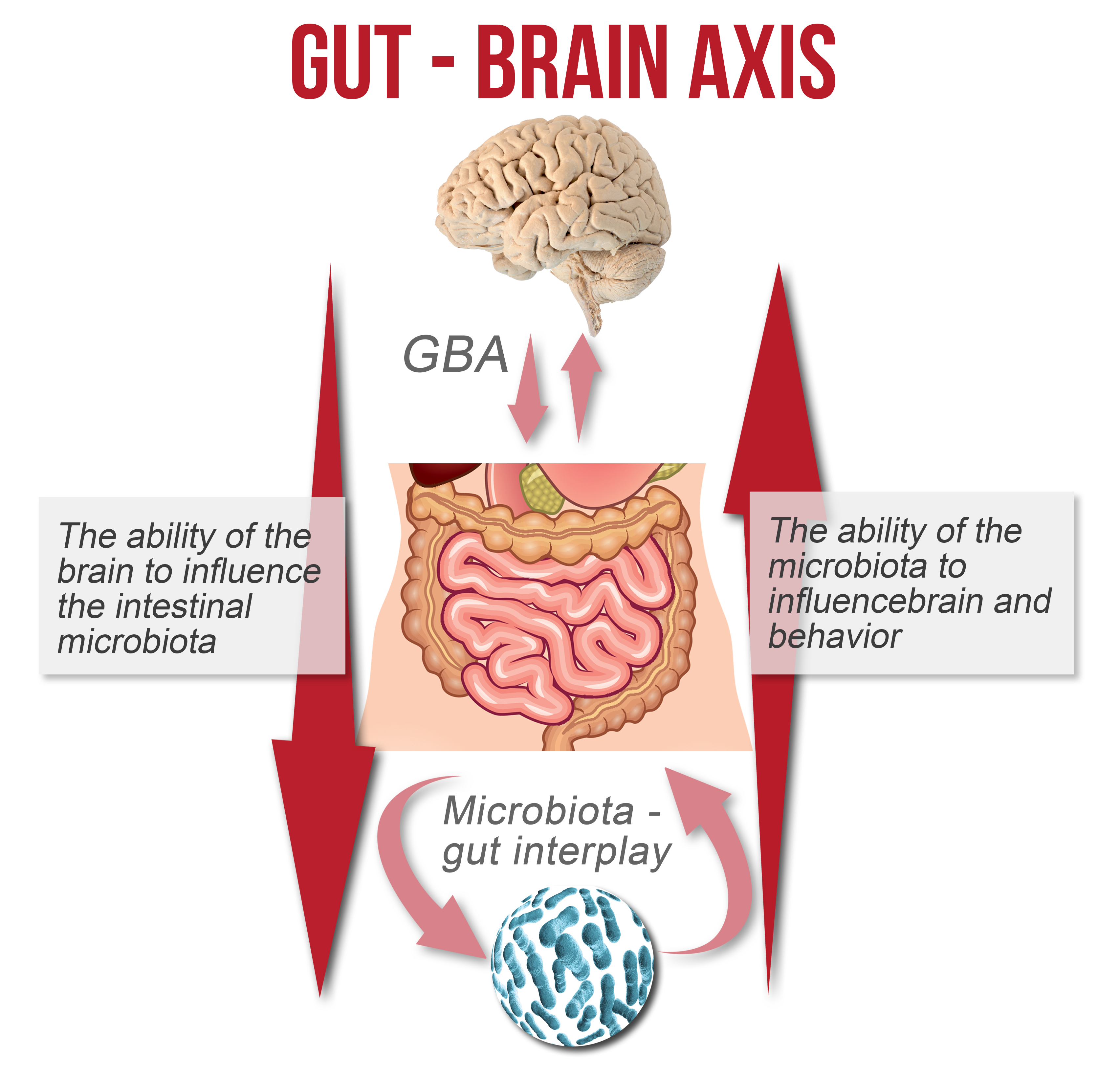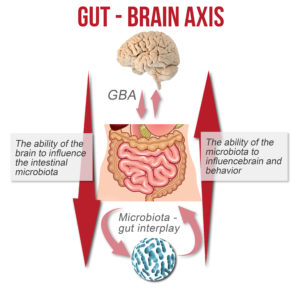Addiction Gut treatment compliment each other
Addiction Gut treatment compliment each other: Involving Gut Treatment in Addiction treatment is important.
For many individuals, medical professionals and counsellors across the globe, the question of addiction and how to treat it successfully has arisen time and time again. The emotional pain suffered by addicts and their families are tremendous, with the physical consequences often proving deadly. Whether the addiction is due to a chemical substance, an emotional affliction or a sexual or gambling addiction, the list of addictive attractions is virtually endless – and always unhealthy with many lives being destroyed in the process. That is why we need to solution to all these addiction problem the experts are exploring other treatment ways like for instance whether addiction gut treatment can compliment each other for a common solution.

Is there any possibility of Addiction Gut treatment compliment each other to offer lasting solution?
Addiction clinics have been established worldwide to treat those afflicted, and the good ones include a holistic and integrated approach to treatment. This integrated approach often encompasses the physical, emotional, mental and spiritual aspects of the addict and has a varying success rate – often dependent on the individual involved as well as the environment they return to once treatment has ended.
If you would like to learn more about how important addiction gut treatment can compliment each other to offer lasting solution, then you may want to visit our link at
http://regenerativepotential.com/integrativeaddictionconference/
The conference includes speakers such as Dalal Akoury, MD, Mitch Ghen DO, Elizabeth Stuller MD and will include the opportunity to introduce your exhibition to your peers. Social events have been included to facilitate networking and lectures are aimed at adding to your knowledge base in your treatment of addiction. For the prospective business owner, learning how to own and operate an integrated addiction and brain rejuvenation clinic forms a large part of the conference and is a goal that we would like to assist you in achieving.
The focus of the conference revolves around the integrated treatment of patients and, therefore, includes the treatment of addiction from a healthy gut perspective. It further focuses on different types of addiction and how these can be treated from a behavioral perspective. Establishing a successful addiction clinic by providing you with crucial management tools is another topic of discussion at our conference. therefore this is the place to be to learn more about the subject and also how addiction Gut treatment do compliment each other.
Why then is the treatment of the gut important in the treatment of addiction? This is a field that is receiving a lot more attention and research in recent years and has elicited helpful information in how medical professionals approach the treatment of addiction. With a drug-related death that occurs every 15 minutes in the U.S. and more products being added to the cornucopia – the battle against addiction appears to be a losing one. It is, therefore, important to supplement one’s armor against this disease with a lot more than just counselling. Successful clinics do use counselling but back this modality up with hormones, supplements and a program to replace gut bacteria and restore this environment to a healthy one.
Because of the links established between brain and gut health, it is imperative that treatment of the gut forms a significant part of the treatment of addicts. Until their brains are functioning in a healthy manner, they simply will continue the vicious cycle of recovery and relapse. One of the modalities used to address brain function then is through the treatment of the enteric system.
This small brain has an abundance of neurons that play a crucial role in addiction. Because an addict will always look for that fix to sooth an overactive or underactive brain – it is important to treat and restore the chemical imbalances caused by a gut imbalance. For some individuals they may have reduced activity in the reward center of the brain (nucleus accumbens) and will therefore constantly crave a sense of happiness. These low-activity areas are affected by dopamine and addicts have low brain activity in the prefrontal cortex and nucleus accumbens. This reward deficiency syndrome (RDS) then seeks substances to generate a dopamine surge to feel better – cocaine, opiates or amphetamines play a role here.
Overactive brains are characterized by a need for calming substances. When uplifting neurotransmitters such as dopamine, histamine, glutamate and so on increase electrical activity in the brain, individuals may become slightly anxious or have difficulty sleeping. At higher levels, they may experience panic attacks or live in a chronic state of anxiety. Patients in this state are often addicted to substances such as alcohol, Valium or Xanax for the calming effects they produce.
Addictions are more often caused by gut toxicity than any other reason. Because of its abundance of neurotransmitters, the gut usually produces a lot of serotonin among other transmitters. Leaky gut or hyperpermeability can result from bacterial imbalances in the gut, coupled with ingesting toxins from the environment. This allows for substances to be absorbed into the blood stream and consequently the brain that would otherwise be eliminated. Food allergies can increase histamine levels that increase brain electrical activity, and since histamine is closely related to dopamine from a structural perspective, the belief exists that this causes increased brain dopamine activity. Disturbance of gut bacteria is linked to alcoholism that causes candida overgrowth, which in turn is linked to serotonin and taurine deficiencies. With these two deficiencies linked to increased histamine activity, an alcoholic therefore feels as if he is in a constant state of withdrawal. Drinking increases and so do anxiety levels and insomnia.

Addiction Gut treatment compliment each other
For further information on gut health and addiction, join our Integrative Addiction Conference in August 2016. We look forward to exchanging valuable information regarding addiction and increase the success rates for these patients moving forward.


 Although gut-brain health is not a new concept, the depth of the effect of this relationship still does not appear to be particularly widely known at some levels of medicine. With the gut behaving as a second brain and having more neurons than the spine or nervous system, perhaps it is time for the medical profession to take the gut-brain relationship far more seriously in the treatment of physical and mental disease.
Although gut-brain health is not a new concept, the depth of the effect of this relationship still does not appear to be particularly widely known at some levels of medicine. With the gut behaving as a second brain and having more neurons than the spine or nervous system, perhaps it is time for the medical profession to take the gut-brain relationship far more seriously in the treatment of physical and mental disease. Irritable bowel syndrome (IBS) and type II diabetes have also been linked to the gut, with depression and anxiety being caused by an imbalance of intestinal bacteria, rather than the other way around. Many studies are currently underway linking behavior,
Irritable bowel syndrome (IBS) and type II diabetes have also been linked to the gut, with depression and anxiety being caused by an imbalance of intestinal bacteria, rather than the other way around. Many studies are currently underway linking behavior, 